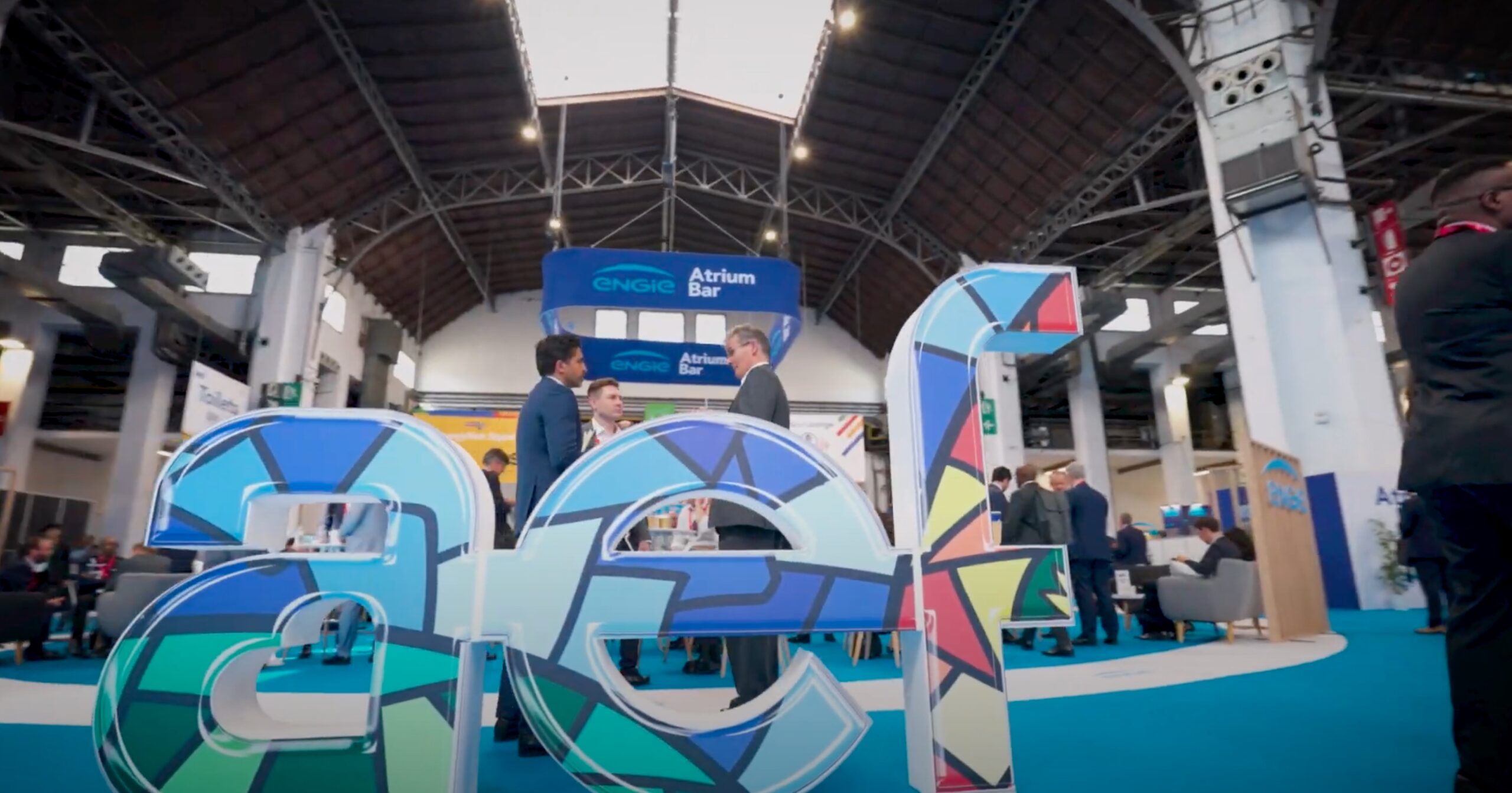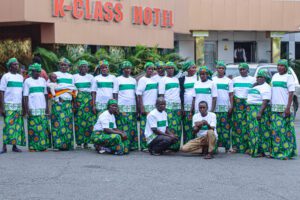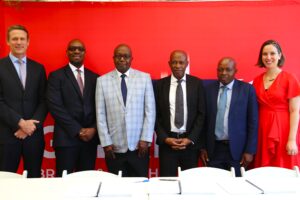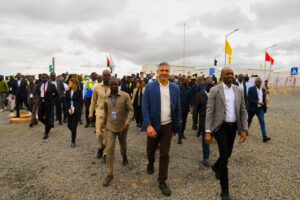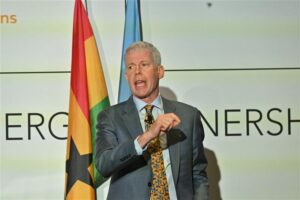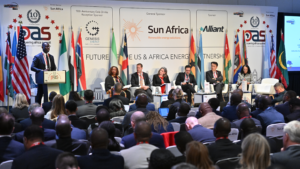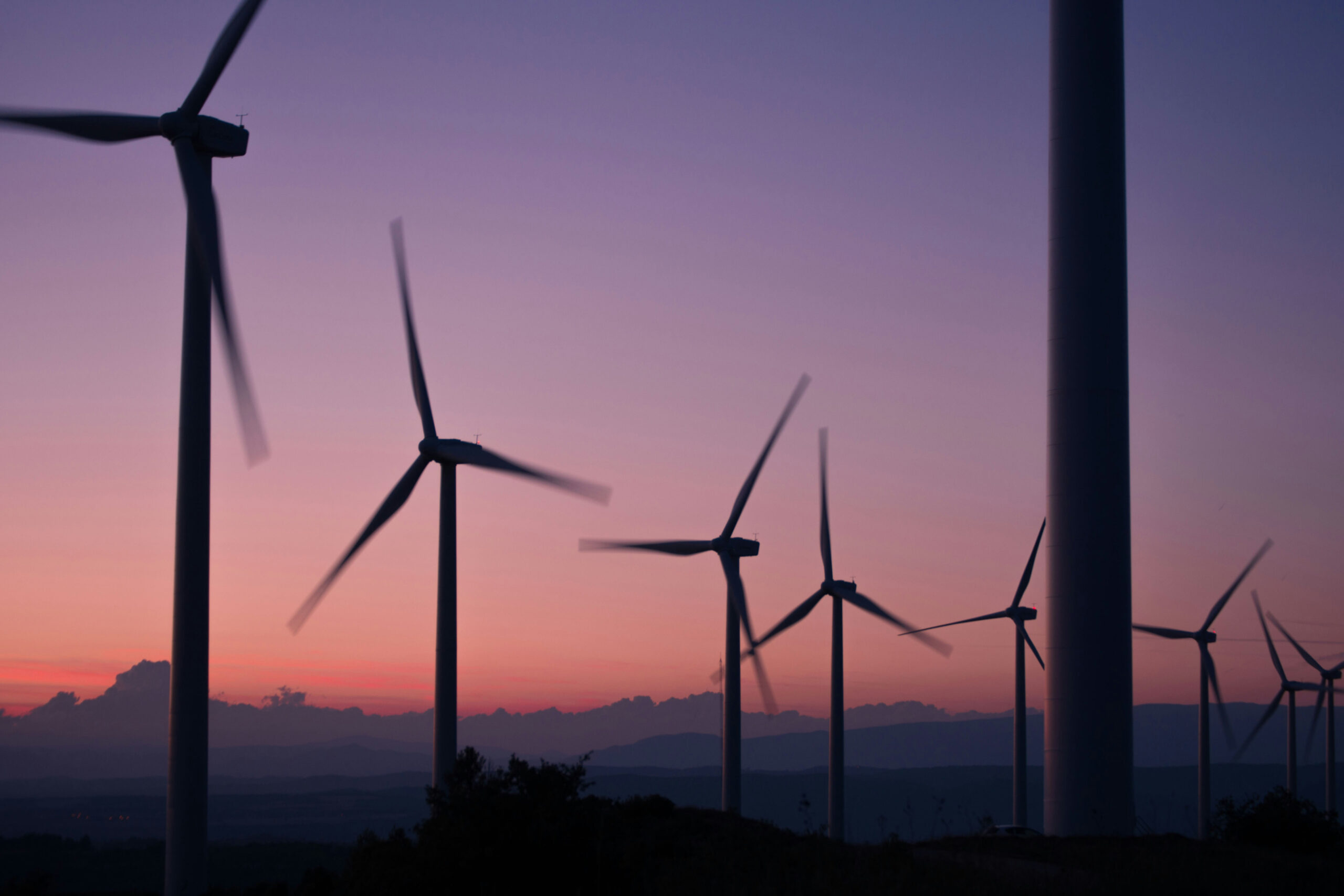Sustainability at the Annual Africa Energy Forum 2025
With a large Forum such as the Africa Energy Forum [aef], we at EnergyNet are always looking for ways to reduce our environmental impact and support the local community.
This year we are focusing on the below initiatives:
 | Energy Efficiency Aef has chosen the CTICC as a venue. The venue have implemented cutting-edge technology to ensure energy efficiency, including LED lights, advanced HVAC systems, and a comprehensive building management system to oversee these measures. Toilets have motion sensor lights while escalators are activated when required with motion sensors. |
 | Waste Management & Recycling During the show we will be providing bin facilities which allow each attendee to separate their waste. Where separation bins aren’t possible, waste is collected, sorted and weighed on-site, before being taken for recycling or responsible disposal. Organic waste is sent to a local farm to be repurposed. |
 | Sustainable Features and Signage All our features are created using modular systems and multi-use custom pieces. The printed fabrics are donated to a charity or to OSC Circular who manufacture products from them. 99% of materials used for our features and signage will be reused or recycled with virtually zero waste to landfill. |
 | Sustainable stand build Shell scheme stands are built out of modular, reusable systems. LED lighting will be installed for all shell scheme stands making them 80% more efficient than conventional bulbs, lasting longer and emiting less heat resulting in less energy consumption. Carpet tiles will also be used allowing the carpet to be reused rather than single use. |
 | Local Suppliers For our lanyards, we have partnered with a Fair Trade social enterprise, championing empowerment of women in the communities of Khayelitsha and Manenberg in Cape Town. Committed to sustainability, lanyards are eco friendly, crafted from recycled PET from plastic bottles. |
 | Water Conservation The venue have incorporated water-efficient taps to minimise water usage. Greywater and rainwater are harvested from inside and outside the building to be used for irrigation purposes. Water usage is controlled by aerators installed in all taps in the kitchens and meeting suites as well as electronic sensor and timer taps which further reduce water wastage. The venues’ reverse osmosis plant ensure the CTICC can be water-independent and produce up to 200,000 litres per day of potable water, reducing the pressure on Cape Towns water supply. Where possible, water for the event will be provided by this system, using underground seawater that has been purified and filtered to specifications set out by SANS/ SABS 241 2015 standard for drinking water. |
 | Sustainable Food & Beverage The catering team strive to source food grown and manufactured in South Africa, focusing on the freshest local, organic, and seasonal produce wherever possible. EnergyNet have worked together with the catering team to choose a menu featuring less red meat on the buffet stations. This reduction has been shown in studies to reduce carbon emissions by up to 90% in comparison to poultry or vegetarian cuisine. |
 | Carbon Footprint Analysis EnergyNet are conducting a comprehensive carbon footprint analysis of aef 2025. We are collecting important data and information across the show which will help us measure and reduce our carbon footprint in the future. |
 | Donation EnergyNet will be working with the venue to sort and donate left over products and materials after the event to local community partner programmes. We will set up a donation point at the end of the show for exhibitors to also donate left over merchandise. |
Get your tickets


